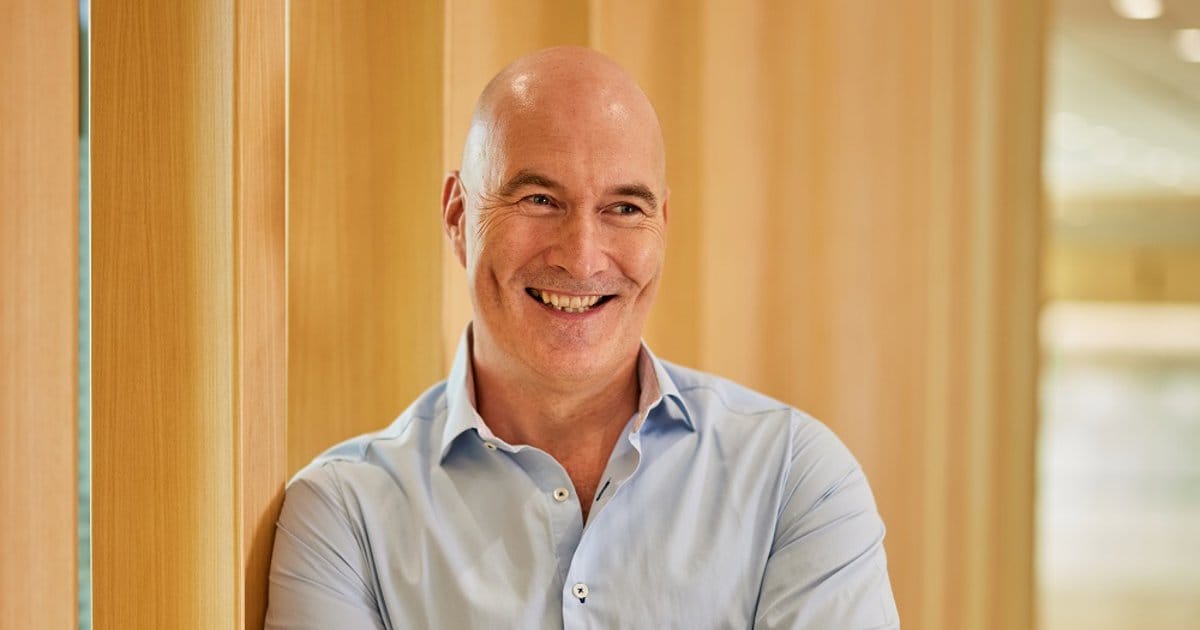Hermes Fund Managers, the investment management arm of the BT Pension Scheme in the UK, is following the charted territory of OMERS in Canada and QIC in Australia, and branching beyond the province of its principal client with the aim of being a funds manager for pension funds globally. Head of investment, Saker Nusseibeh, spoke with Amanda White about the challenges and advantages of being a pension fund-owned funds manager, and the implications for the fund.
Saker Nusseibeh speaks like a pioneer who has just discovered the promised land.
“This is so clearly the future, it’s the cross over we’ve been waiting for,” he says.
He’s referring to the newly created boutique of boutiques structure at Hermes Fund Managers, the investment manager wholly-owned by the BT Pension Scheme and until recently its only client. More specifically he’s excited about the fee flexibility and alpha sources that can be achieved by a funds manager which is owned by an institutional investor.
“This is a different relationship, we don’t have to sell to clients and are not motivated by sales or fees,” he says, adding the role as active manager is justified by the Sharpe ratio, not whether the product is sellable.
With the debate over the advantages of boutique funds managers versus mega managers raging furiously, Nusseibeh believes the “boutique of boutique” structure is a way to overcome some of the structural problems of boutiques but maintain their alpha-seeking advantages.
“The creation of hedge funds was a sign that the large institutional asset management model didn’t work. The fall of hedge funds showed that boutiques didn’t work. This is in between,” he says.
“Alpha is produced by artisan shops, not factories, and we want to attract the specialist individuals by our boutique structures. The downfall of boutiques is sometimes small means no trust, but we have capital backing.”
He says the true motivation for its owner BTPS, is the best possible investments, and while wanting to service new clients, any new areas of product innovation will be driven by areas where BTPS wants to invest.
Hermes is the principle asset manager for BTPS, managing about 70 per cent of the assets, with four other managers also employed.
BTPS has been quite progressive in its allocations and investment techniques, significantly reducing its allocation to equities over the past few years, and targeting 20 per cent in alternatives. It also allows managers to use derivatives, and has long been a supporter of responsible investing.
According to Nusseibeh, there are advantages for BTPS in marketing the investment capabilities of Hermes to a wider client base, not the least of which is more alpha.
“The advantage is unique, we are trying to establish a cross over between two worlds, and to me it’s a clear way to get alpha.”
Nusseibeh, who took the job in June following Roger Gray’s defection to the Universities Superannuation Scheme, said the manager was looking for de-correlated alpha, and was “open to everything”.
At the moment the business is divided into six main areas: Hermes BPK Partners (fund of hedge funds); commodities; private equity, real estate, smaller companies; and focus funds.
Hermes employs about 400 people and with the investment platform built is now building a sales team beyond its 40 staff, with a large external push from January 1 next year.
Building the structure has also been a massive IT project and under the direction of new chief operating officer, John Mould, the system has been upgraded.
Hermes uses a multi-frame factor model for risk management that was created for its fundamental quant product, encompassing BARRA for equities, Point for fixed income, and Algorithmics for alternatives.
It has investment teams in London and Boston, where Hermes is currently registering with the SEC, a research office in New York, and there are plans to establish in Hong Kong within 12 months.
It has capabilities in everything from its more established long only offering to the newer fund of hedge funds, with co-chief investment officers formerly of Pioneer Alternative Investments. In the next few months team capabilities are being brought in for global credit and large cap European equities and individuals for Japanese equities, and emerging markets are being sought.
The idea is to attract the best entrepreneurial managers, who gain the capital backing and control of a large institution.
“We are still buying teams, and the number of teams contacting us has been astounding, they understand the proposition.”
In addition the pay structure is aligned with clients so that remuneration of senior management is on a five-year horizon, and performance fees are over rolling three years. While that is reasonably common in large pension fund investment teams, it is unusual on the sell side of funds management, which as a manufacturer and manager is where Hermes really sits.
Nuesseibeh, who has a background in the private funds management market starting at Mercury Asset Management, and working for Fortis among others, acts like an inhouse consultant, policing the boutiques to ensure they are doing what they said they’d do, and that the overall risk is suitable.
“Funds management is about memory. The only difference between a good and bad fund manager is that a good fund manager remembers five and a half of each 10 mistakes he makes while a bad funds manager remembers only five,” he says.


